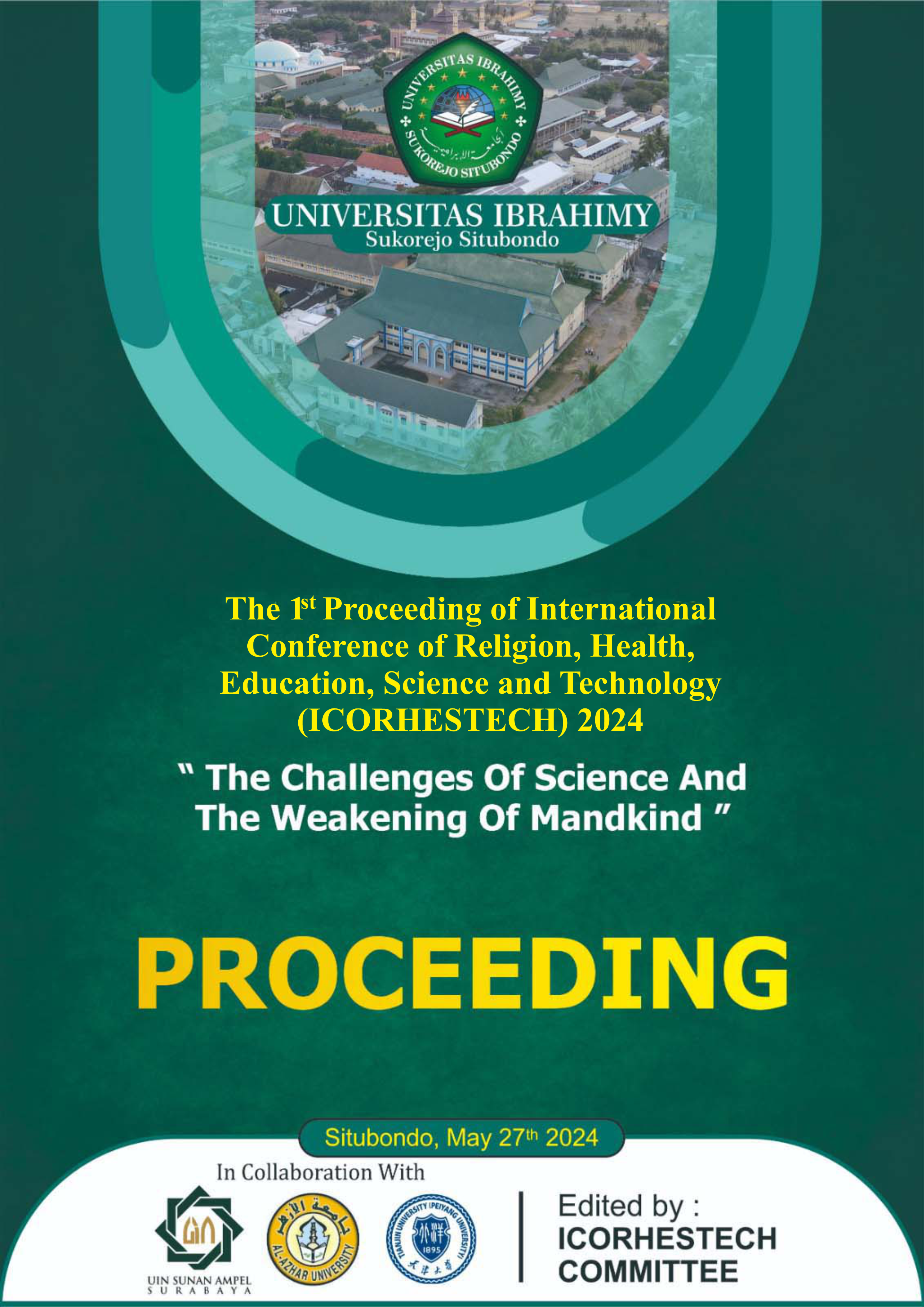Analysis of Cashback in the LBM Lirboyo Decision from the Perspective of As Syatibi’s Inductive Theory
DOI:
https://doi.org/10.35316/icorhestech.v1i1.5662Keywords:
Cashback, Shopee, Bahsu al-Masail Institute, As SyatibiAbstract
The Bahtsul Masail Institute (LBM) of the Lirboyo pesantren is a forum for santri to explore and solve problems in society, one of which is in terms of muamalah. Lately, the issue of cashback as a marketing strategy has caused public unrest, this needs attention and sharpness of legal analysis. This study aims to analyze the results of bahtsul masail regarding cashback at LBM Lirboyo Islamic boarding school. This research method is library research with the main data of LBM results with the approach of As Syatibi's inductive theory. As Syatibi talks about the epistemology of Islamic law which builds the entire theory of ushul fiqh on inductive principles. As Syatibi starts with the basic premise that the principles of legal theory and legal sources derived from God's authority as the basis of the epistemology of legal sources, then there must be a level of probability of these principles and sources that adjusts the dynamics of the law, thus making Islamic law has the value of flexibility. The results of this study indicate that the Lirboyo LBM according to As Syatibi; a) Provides cashback services to attract customers, b) The occurrence of aqad bai' mausuf fi dzimmah in online buying and selling transactions, c) Obtaining coins as a gift that has been given from the store in the shopee marketplace.
References
Amelia, Wan Rizca, Siti Alhamra Salqaura, and Wan Dian Safina. 2023. “Promosi Cashback Pada Ovo dan Harga dalam Mempengaruhi Perilaku Konsumen.” Jurnal Ilmiah Manajemen dan Bisnis (JIMBI) 4 (2): 144–51. https://doi.org/10.31289/jimbi.v4i2.2903.
An-Nawawi, Majmu’ Syarh Muhaddzab, (Dar El-Hadits), 2010.
Ballestar, María Teresa, Pilar Grau-Carles, and Jorge Sainz. 2018. “Customer Segmentation in E-Commerce: Applications to the Cashback Business Model.” Journal of Business Research 88:407–14.
Cahya, Nilam. n.d. “PENGARUH PROMO PENJUALAN DAN CASHBACK TERHADAP MINAT BELI KENDARAAN PADA PT. HADJI KALLA PALOPO.” Accessed July 2, 2024. http://ejournal.iainpalopo.ac.id/index.php/sharia_finance/article/view/1469.
Febia Nisaul Chamsa. 2022. “ANALISIS HUKUM ISLAM TERHADAP CASHBACK DI SHOPEE.” Jurnal Inovasi Penelitian 2 (May).
Firdiyanti, Shovia Indah. n.d. “PROBLEMATIKA AKAD MU’AWADLAH: KAJIAN HUKUM ISLAM PEMBERIAN CASHBACK PADA TRANSAKSI JUAL-BELI ONLINE” 08 (02).
Fu, Tao, Yini Chen, Zhen Qin, and Liping Guo. 2013. “Percolation on Shopping and Cashback Electronic Commerce Networks.” Physica A: Statistical Mechanics and Its Applications 392 (12): 2807–20.
Hidayat, E.,Fiqh Jual Beli. Bandung: Rosda.2015.
Jamal, Sulaiman Bin Umar Bin Mashur, Hasyiyah Jamal, (Dar Kutub Al-Ilmiah:kairo), 1996.
Khalidi, Muhammad Abdul Aziz, Hawasyi Asy-Syarwani, (Dar Kutub Al-Ilmiah:Beirut), 1996.
Munawar, Niknik Ahmad, and M. Rizky Mahaputra. 2022. “Influence of Cashback Promotion, e-Service Quality, Customer Satisfaction on Re-Use Interest.” Dinasti International Journal of Management Science 3 (4): 742–51.
Ni’mah, Rohmatun, and Indah Yuliana. 2020. “E-Wallet: Sistem Pembayaran Dengan Prinsip Hifzul Maal.” JURNAL EKONOMI SYARIAH 5 (2): 52–66. https://doi.org/10.37058/jes.v5i2.2016.
Sari, Nurfyana Narmia, Misbahuddin Misbahuddin, Asfira Yuniar, and Ibtisam Ibtisam. 2021. “Analisis Hukum Islam terhadap Cashback di Tokopedia.” Jurnal Hukum Ekonomi Syariah 5 (02): 126–38. https://doi.org/10.26618/j-hes.v5i02.5682.
Taimiyah, Ibnu.Al-Ikhtiyarat, (Dar Kutub Al-Ilmiah), 1995.
Downloads
Published
How to Cite
Issue
Section
License








